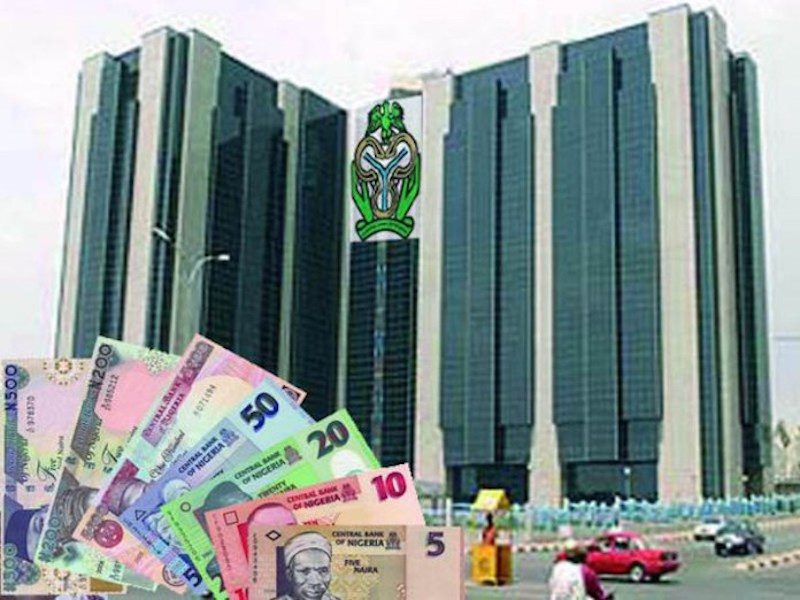Latest News
e-Naira is safer than Bitcoin and other popular cryptos__ CBN
The Central Bank of Nigeria (CBN) has insisted that e-Naira is safer than Bitcoin and other popular cryptos as it will bring stability to the banking system as an advantage of adopting its soon to be launched digital currency, e-Naira.

The Central Bank of Nigeria (CBN) has insisted that e-Naira is safer than Bitcoin and other popular cryptos as it will bring stability to the banking system as an advantage of adopting its soon to be launched digital currency, e-Naira.
Recall that CBN had earlier announced the launch of its digital currency (e-Naira) pilot program in October.
While commenting in a seminar hosted by the Chartered Institute of Bankers of Nigeria in Lagos, Folashodun Shonubi, the bank’s deputy governor in charge of operations, said e-Naira feeds our economy and provides greater value
“The Central Bank in its implementation has ensured the e-Naira feeds our economy and provides greater value,” Mr Shonubi said. “The Central Bank Digital Currency (CBDC) will also make it easier for the banking system to comply with existing laws such as anti-money laundering, customer protection against fraud and ensuring the safety and stability of the payment system.”
Mr Shonubi stated that the e-naira would prove safer than “privately issued cryptocurrency”, he adds that the launch of digital currency would be to complement existing payment pathways, thereby ensuring a stable system.
“For banks in developing nations, it will enhance their liquidity, efficiency in national remittances and challenge the high cost of remittances as the world rebounds in the post-pandemic. I am of the view that the era of CBDC promotes greater opportunities, and the central bank must be aware of the risks and mitigate them,” Mr Shonubi said.
In addition, he spoke on the importance of e-Naira in Africa’s largest economy that included cross-border trade facilitation, financial inclusion, monetary policy effectiveness, improved payment efficiency, revenue tax collection, remittance improvement, and targeted social interventions.
